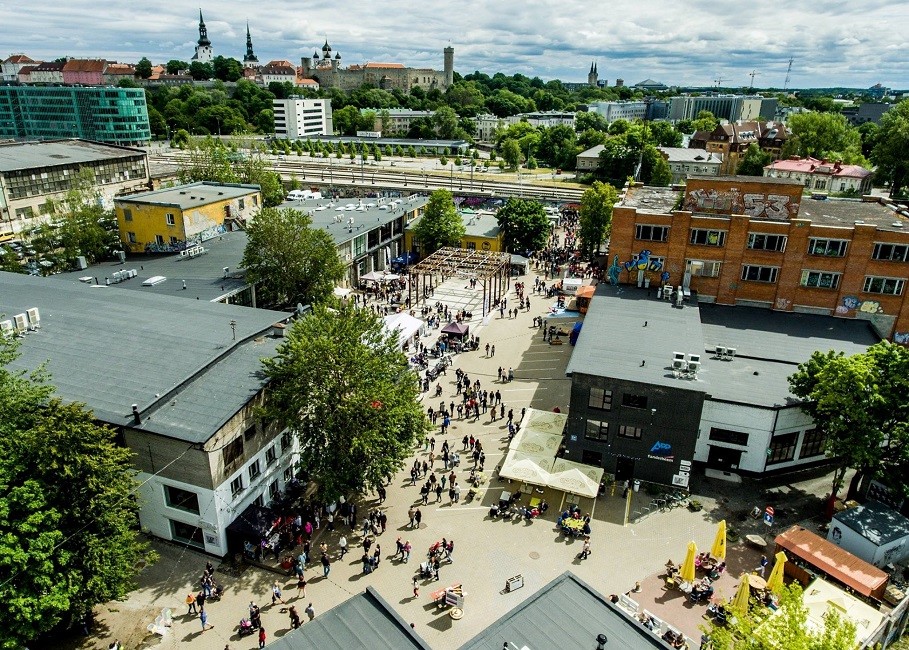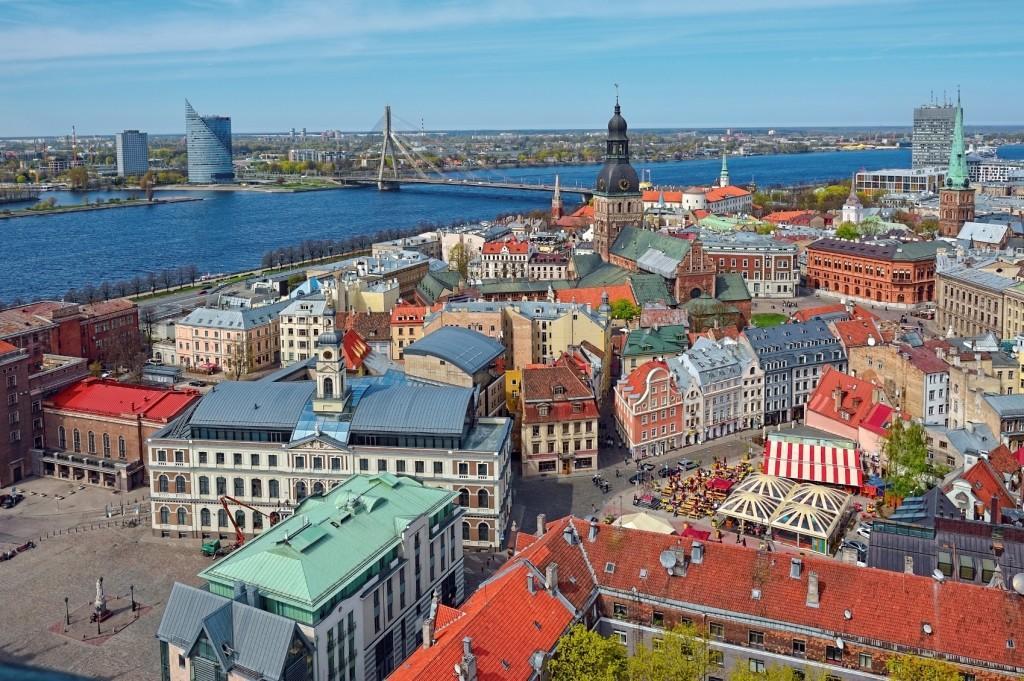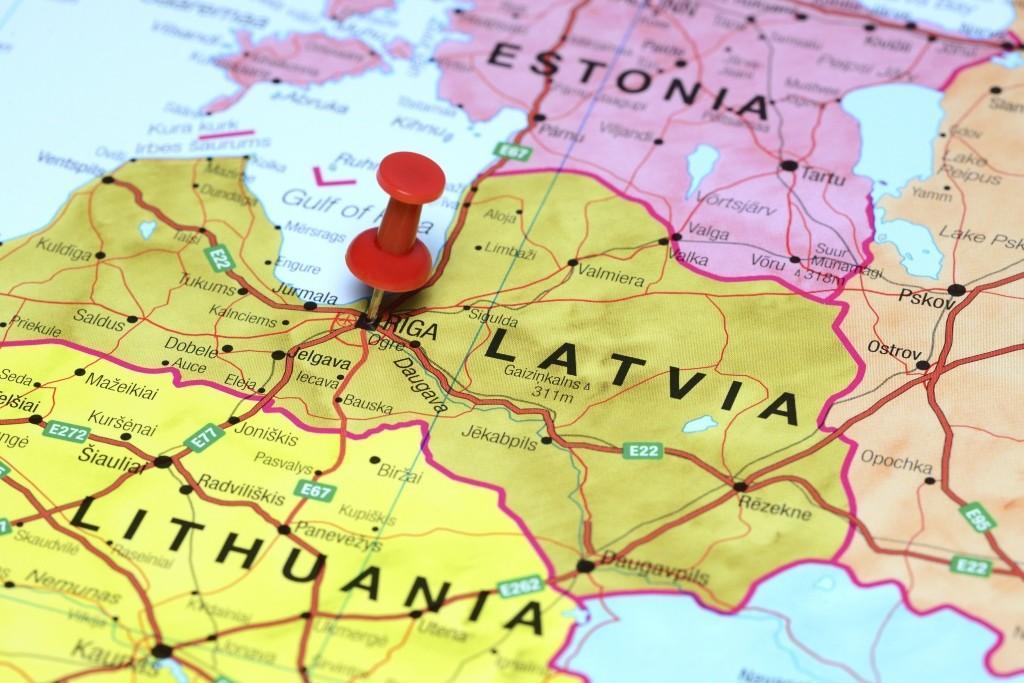A new study reveals that the most fundamental divide in Estonia, Latvia and Lithuania is not along ethnic lines – and in fact, it has never been the case.
Many assume that the most fundamental divide in the Baltic countries is along ethnic lines, that all Estonians, Latvians and Lithuanians feel more or less the same way on key issues and ethnic Russians in these three countries feel differently. That was never the case, even in the heady days of the recovery of independence; and it is less true now.
That reality is highlighted in a new 88-page study prepared jointly by the Konrad Adenauer Stiftung and the University of Latvia. Entitled “Ideological Polarisation in the Societies of the Baltic Countries”, it focuses on the attachment of Baltic populations toward integration with the West.
Conflict between Western liberals and traditionalists has intensified
The study is based on more than 3,000 interviews in all three countries that focused on attitudes toward the West, immigrants, protectionism, relations with Russia and concerns about political problems in general. It found that the conflict between Western liberals and traditionalists had intensified over the last three years.
Lithuania was the most uniform in that regard, while in Estonia and Latvia, this sharpening has led to a significant split. But in Estonia, this divide has been manifested as a divide between liberals and nationalists; in Latvia, it is generally reflected in geopolitical attitudes about ties to the West or to Russia.
The study reports that “Estonian ‘liberals’ form the most numerous group of opinions in the country – 51 per cent – while ‘nationalists’ form 40 per cent. The first are very cool toward Russia; the second very much disapproving. There is also a very small – eight per cent – pro-Russian group.”

“In Latvia, on the contrary, the camp of anti-Westerners is more numerous: 55 per cent of the respondents were inclined toward pro-Russian views, while 44 per cent were ‘nationalists’ and anti-Russian. The group of ‘liberals’ in Latvia formed only two per cent,” according to the survey.
Maria Kugel of Radio Svoboda (the Russian-language radio station of Prague-based Radio Free Europe/Radio Liberty – editor) spoke with two of the authors of the study, Inta Mierina and Martins Kaprans.
Lithuanians and Estonians optimistic about the West, Latvians more sceptical
Mierina stressed that the study focussed not on ethnic groups but on attitudes toward Russia. “We considered as pro-Russian those who did not view Russia as a threat, supported a weakening of sanctions, and in the Ukrainian conflict saw Ukraine or both sides as the guilty party.” Those with the opposite views were classified as opposed to Russia.
Importantly, she continued, those who fell into the pro-Russian camp on this basis did not condemn everything Western. Especially among young people, pro-Western and pro-Russian views existed in one and the same individual. Moreover, people on both sides of the divide shared many views.
In Latvia, for example, with both ethnic Latvian nationalists and ethnic Russians, there is a common negative attitude toward immigrants. When that is the issue, the two groups, however much they may disagree on other things, are very much on the same side.

People in both Latvia and Lithuania are strongly affected by the idea that their countries are “failed states,” with some blaming the West and others Russia or native elites. This view is much less widely held in Estonia, a reflection of economic realities. But at the same time, Lithuanians and Estonians are optimistic about the West while Latvians are more sceptical.
Anti-immigrant attitudes are growing
Kaprans, for his part, explained some of these differences in terms of the ethnic structure of the population, but only some of them. Where ethnic Russians watch more Russian television, they are more affected by its messages; but one should no overrate the impact of the media. “People are not automata and do not agree with everything they are told.”
Instead, he suggested, many of their attitudes now have been inherited from their parents rather than produced by anything new. That is true of non-Russians as well.
It thus remains true, he says, that “’European Russians’ form a very small fraction of the Russian-speaking communities in both Latvia and Estonia”, although even these are pragmatic and moderate most of the time. When the West offers them something of value such as jobs, they are pro-Western; when not, not. The problem is that such moderation could end overnight.

Opposition to immigration or even to the idea of immigration is one of the factors that can shift attitudes in all three countries, he said. In Estonia, except for those who live in Narva or the most “Russian” neighbourhoods of Tallinn, are mostly liberals on this issue. But even in Estonia, anti-immigrant attitudes are growing, as the last election showed.
This article is an edited version of the article originally published by Paul Goble on his Window on Eurasia blog. The cover image is illustrative.

